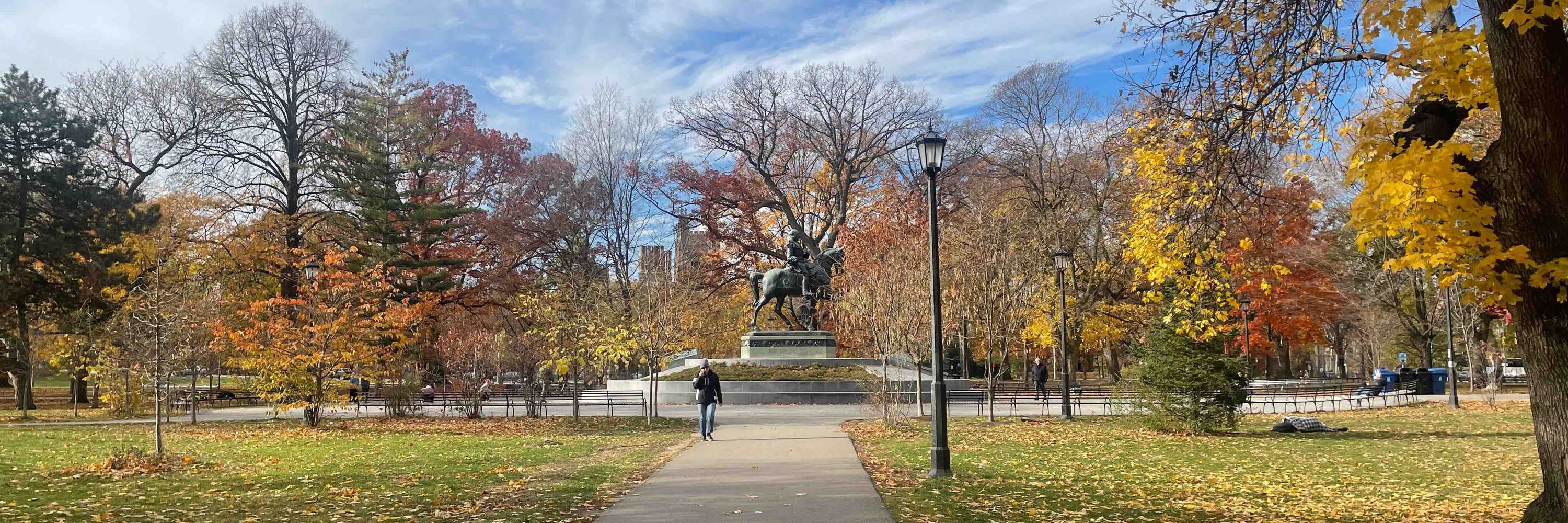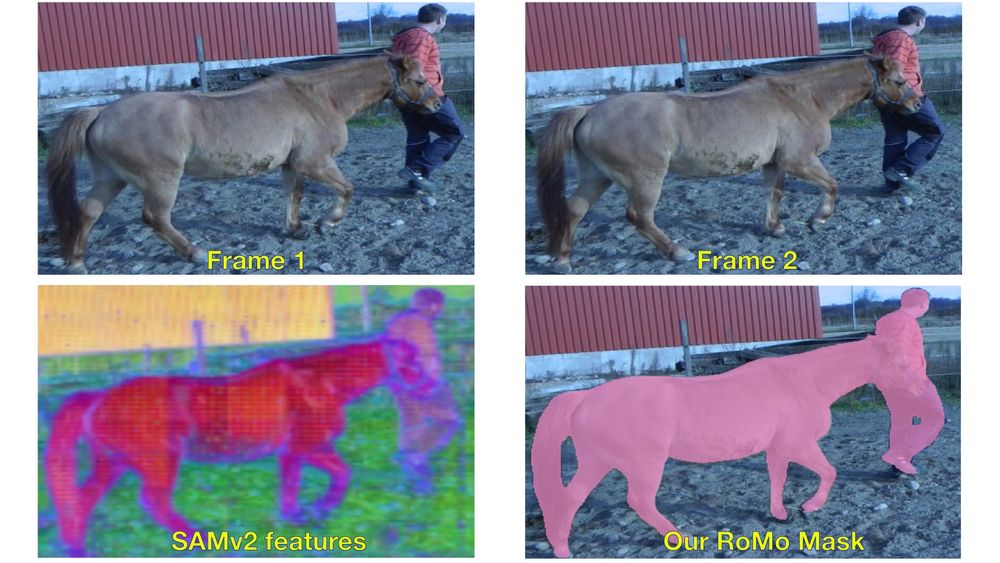
Note: picture is from my breakfast at GDM.
Note: picture is from my breakfast at GDM.
Developing your own code is a great educational process but always be aware of the open-source code out there. Probably a polished released code from months of effort is more useful/better than your code that was written in half a day and was not tested extensively.
Developing your own code is a great educational process but always be aware of the open-source code out there. Probably a polished released code from months of effort is more useful/better than your code that was written in half a day and was not tested extensively.
Good collaborators can have so much impact on your progress, however you shouldn’t necessarily start a collaboration with every brilliant person out there. Only do so if you have a clear idea of how you all fit into the project. Or find a project that fits the collaboration
Good collaborators can have so much impact on your progress, however you shouldn’t necessarily start a collaboration with every brilliant person out there. Only do so if you have a clear idea of how you all fit into the project. Or find a project that fits the collaboration
Is it wise to switch focus often? Probably not. There’s a balance—and with the field moving so fast, it often leans toward sticking with what you know best.
Is it wise to switch focus often? Probably not. There’s a balance—and with the field moving so fast, it often leans toward sticking with what you know best.
As PhD students we usually want to maximize publications which might lead to writing quick papers. Can a paper written relatively fast be a good paper? I would argue: only if it’s building on your previous good work, i.e. you already know a lot about that subject. /
As PhD students we usually want to maximize publications which might lead to writing quick papers. Can a paper written relatively fast be a good paper? I would argue: only if it’s building on your previous good work, i.e. you already know a lot about that subject. /
Look at our website for more results!
romosfm.github.io
Look at our website for more results!
romosfm.github.io

We find the Fundamental matrix between each two adjacent frames in the video with RANSAC. We then identify parts of the frame that have a very low or a very high epipolar error, as weak supervision signals to find the moving objects. Now, how do we complete these signals?

We find the Fundamental matrix between each two adjacent frames in the video with RANSAC. We then identify parts of the frame that have a very low or a very high epipolar error, as weak supervision signals to find the moving objects. Now, how do we complete these signals?
We show that good motion masks improve SfM performance, making COLMAP+our masks the SOTA on synthetic benchmarks. We also collect a real evaluation dataset with GT camera pose using a robotic arm, to evaluate our method in real casual captures.
We show that good motion masks improve SfM performance, making COLMAP+our masks the SOTA on synthetic benchmarks. We also collect a real evaluation dataset with GT camera pose using a robotic arm, to evaluate our method in real casual captures.
In RoMo an optimization process disentangles camera ego motion from scene motion, yielding masks for moving objects 🛵
In RoMo an optimization process disentangles camera ego motion from scene motion, yielding masks for moving objects 🛵

